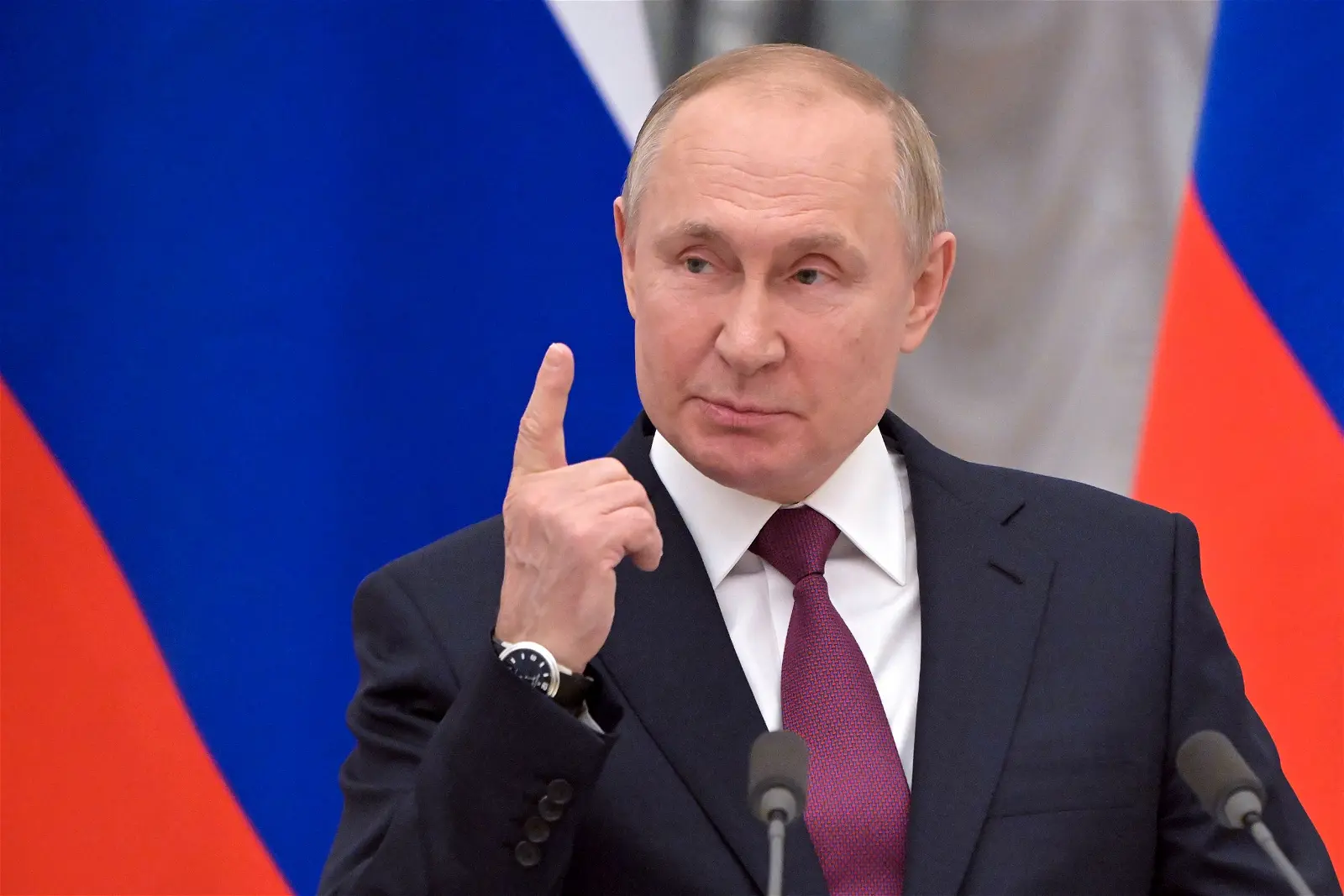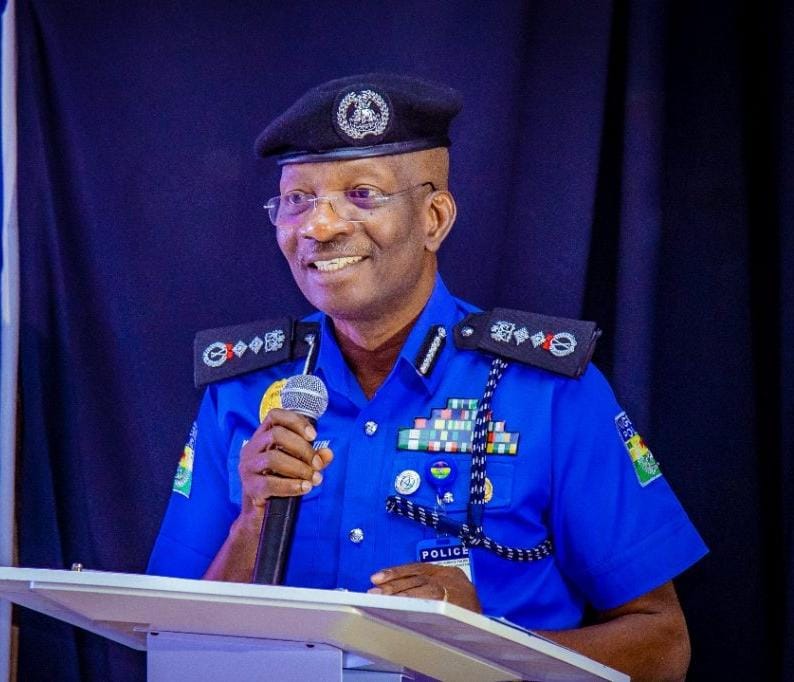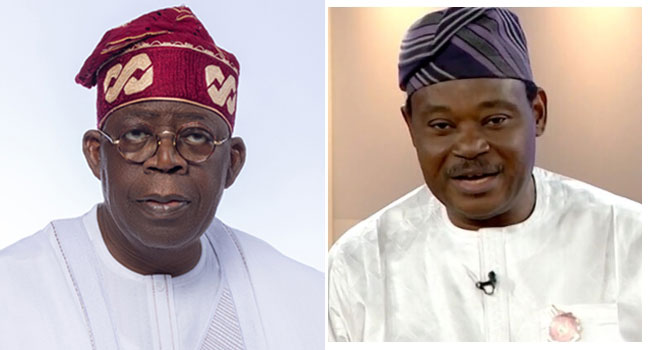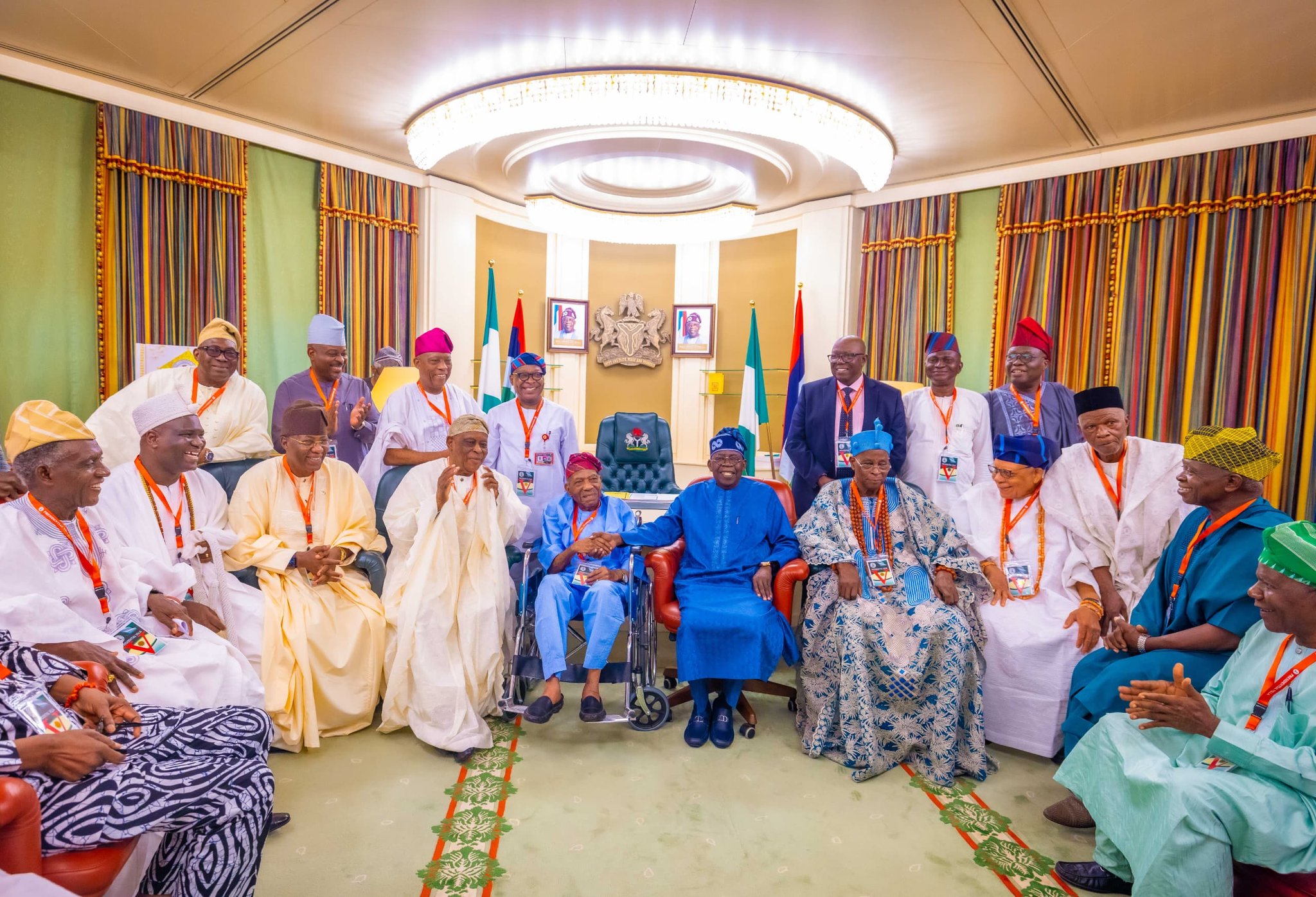Vladimir Putin's resounding election win, securing 87% of votes cast, sets him on course to become Russia's longest-serving leader in over two centuries. Despite facing no genuine competition, his victory comes amidst a backdrop of controversy and criticism.
The election, marred by Ukrainian bombardments and incursions, was portrayed by the Kremlin as a show of support for Russia's military actions in Ukraine. Putin, in his post-election speech, thanked Russian troops fighting in Ukraine, emphasizing their advantage on the battlefield.
Critics, both domestic and international, have condemned the election as a sham. Ukrainian President Volodymyr Zelensky called Putin a "dictator" drunk on power, while the EU and the UK questioned the fairness of the vote. The US criticized the holding of the election in Ukrainian territories occupied by Russia.
Putin's victory comes amidst ongoing protests and dissent. Allies of the late Alexei Navalny, Putin's prominent rival who died in prison, urged voters to spoil their ballots. Some voters answered this call, showing defiance in the face of increasing government pressure and restrictions on dissent.
Despite these challenges, Putin remains firmly in power, with allies congratulating him on his victory. His continued leadership raises questions about the future of democracy and dissent in Russia, as the country grapples with ongoing tensions both domestically and internationally.
.




